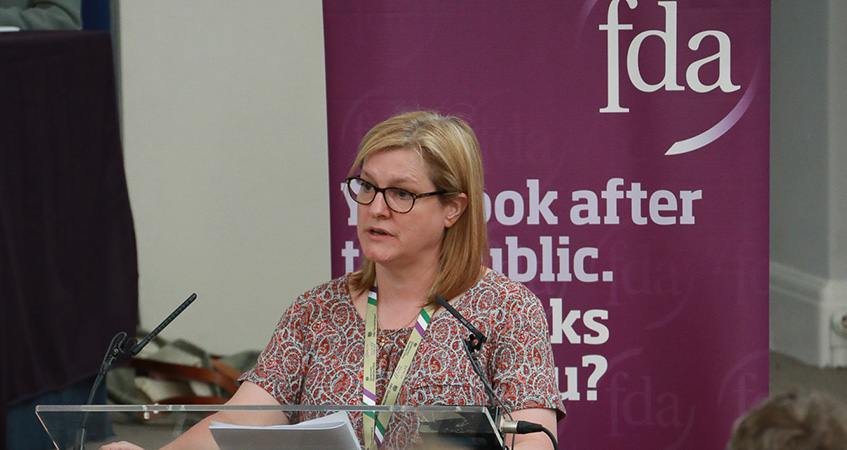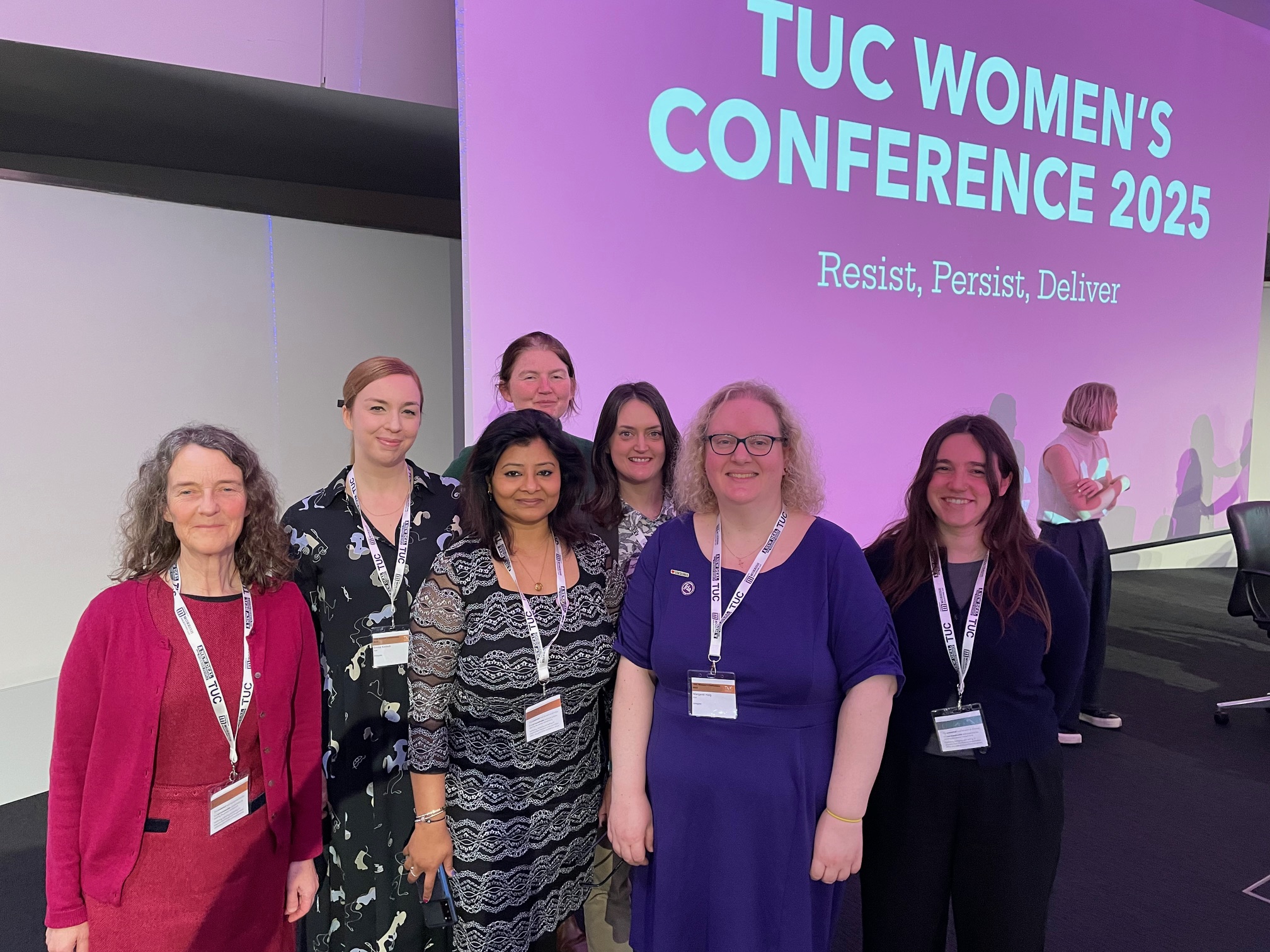Breaking the glass ceiling – and the glass floor

I was set a huge positive example about women in the workplace both by my mother – who had been in the 1940s equivalent of care, part of a Harrow County Council social experiment and who gained a place at teacher training college in Cambridge where she met my father – and by my great aunt. She was one of the first ever female dental surgeons, studying at Manchester University with my Grandad, who was made to wait a year before going to university so that he could chaperone his sister (this was 1920).
I often wish I could have had more opportunity to chat to Great Aunty Lena, but the bottom line was she frightened me (and I discovered subsequently she frightened my dad too). What a shame that to succeed as she did, she felt she had to be that person. I hope that the work we are doing now means that we, as women in the workplace, don’t feel the need to be aggressive and frightening to succeed. I know I get aggravated sometimes but I don’t think I’m scary – at least I’ve not been told that too often!
As my union, the FDA, celebrates its centenary in 2019 and we move into our second century we have marginally more women members than men: this reflects the growing representation of women in those senior grades which has improved year on year. We have a great history of striving for equality. We elected our first woman president in 1944 and she fought against the marriage bar for civil servants preventing married women from working – this was eventually lifted (but not until 1972 in the Foreign Office). When it was finally removed, they discovered a file – The ‘Disappointed Fiancés File’ – containing letters from women jilted at the alter asking if they could have their jobs back.
We began campaigning for equal pay in 1935 and allegedly achieved it, officially, some 20 years later – but in 2020 we are still waiting for fair pay for our members working across government.
There are pay systems currently in place in the civil service that indirectly discriminate against women. We are not afraid to argue against these injustices, taking legal action and fighting them to the courts if necessary.
But this isn’t all we do: we lobby for structural change. The civil service is a really good employer but it falls short when it considers equal pay. The pay structure, combined with the lack of sufficient funding, means employers cannot retain staff but are also vulnerable to claims of discrimination from some of their most senior women.
Finally, we challenge where appropriate – last year we took the government to a judicial review over flaws in the process for the annual remit, which determines civil service pay. Whilst we did not win, we were not afraid to challenge in the most appropriate way we know to make sure the government did not simply ride roughshod over the issue. This is basic union work but it is so important to keep pushing because women deserve the same pay as men and currently it isn’t always happening.
What can you do? Join in – take part in events that are set up, think about what you can do to help the person sat next to you progress. Seek out talent opportunities and champion equality where ever you can. And remember to reach down and pull somebody else up who’s behind you – there shouldn’t be a glass ceiling or a glass floor.
Related News
-

FDA attends TUC Young Workers’ 2025
This March, an FDA delegation attended the annual TUC Young Workers’ Conference in Congress House, London.
-

FDA celebrates Women’s History Month 2025 with panel event
To celebrate Women’s History Month and International Women’s Day 2025 the FDA hosted a panel event looking at the history of women in the civil service and within the trade union movement.
-

FDA attends TUC Women’s Conference 2025
A delegation of FDA members attended TUC Women’s Conference 2025, held in Congress House, London, from 5-7 March.